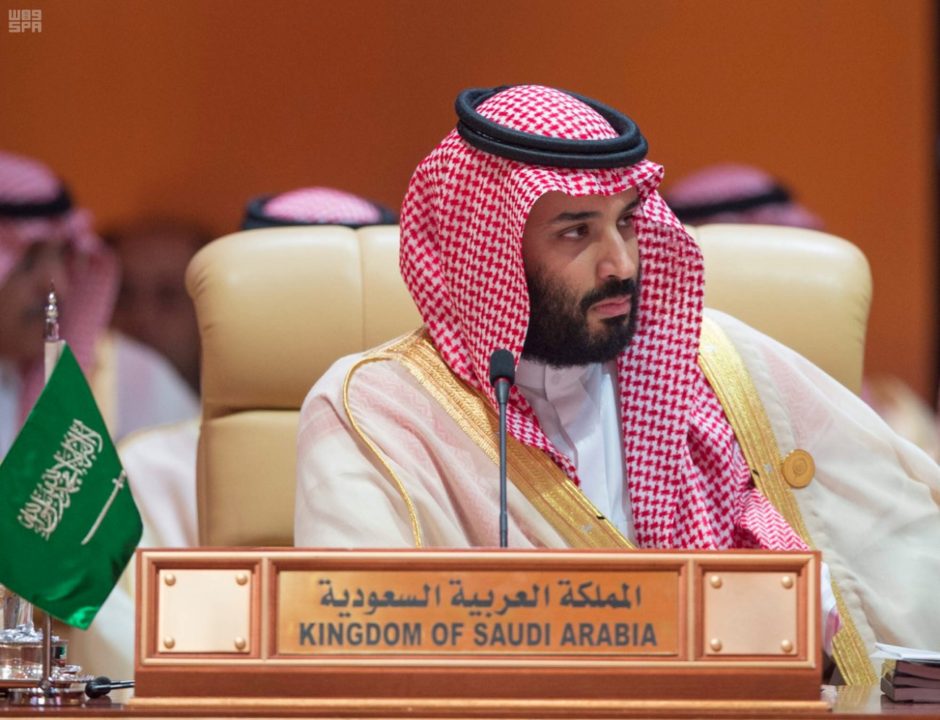It would seem that Crown Prince Mohammed bin Salman, the heir to the Saudi throne, has gotten away with murder.
Nine months after reportedly ordering the assassination of dissident Saudi journalist Jamal Khashoggi in Turkey, an unusually grisly killing that shocked even hardened observers, Prince Mohammed, the de-facto ruler of Saudi Arabia, is back on the world stage and in the good graces of the major powers.
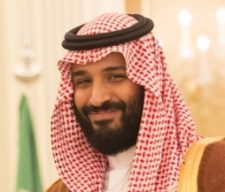
Judging by the cordial reception he received at the recent G20 summit in Osaka, Japan, Prince Mohammed has extricated himself from the crisis that enveloped him after Khashoggi’s death.
A legal resident of the United States and a Washington Post columnist who was driven out of his country after criticizing its autocratic regime, Khashoggi was murdered last October by a team of Saudi assassins after he entered the Saudi consulate in Istanbul, never to be seen again.
By all accounts, he was killed and then dismembered. To this day, his remains have yet to be found. In effect, he disappeared from the face of the earth.
The Saudi government, at first, claimed he had left the consulate alive, but after Turkey produced evidence to the contrary, the Saudis acknowledged the awful truth. To mollify international public opinion, particularly in the United States, they arrested a handful of officials, some of whom had direct ties to the crown prince.
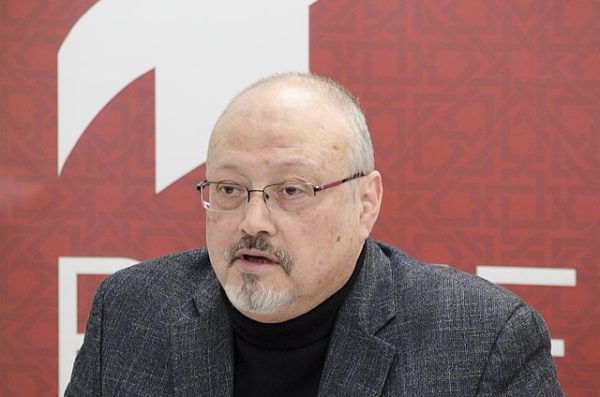
In the face of these developments, the Saudi spin machine continued to churn out bare-faced lies that he had nothing whatsoever to do with the Khashoggi affair.
It is not quite that simple.
The U.S. Central Intelligence Agency concluded months ago that he was the mastermind of the plot to murder Khashoggi. And on the eve of the G20 meeting in Osaka, Agnès Callamard, a United Nations special rapporteur on extrajudicial executions, found “credible evidence” that justifies the “investigation of high-level Saudi officials’ individual liability, including the crown prince’s.”
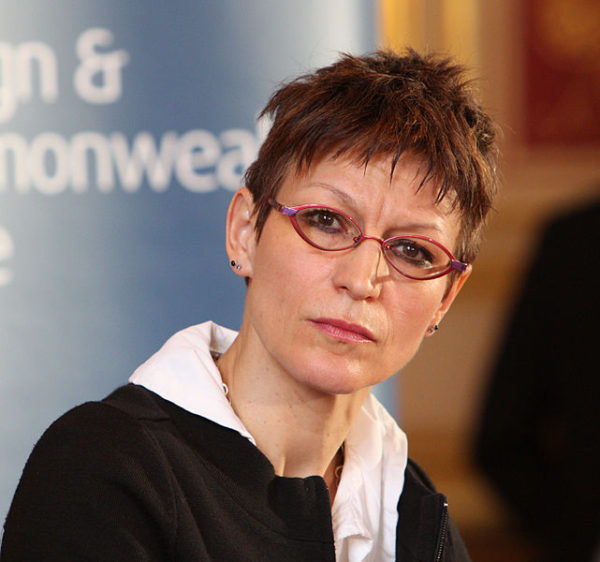
No such inquiry has been launched, nor will one likely ever take place.
The reason is crystal clear: Saudi Arabia is a key Arab ally of the United States in the Middle East, and Prince Mohammed is a major player in the region. As U.S. President Donald Trump has constantly indicated, the United States’ bilateral relationship with Saudi Arabia is far more important than the demise of a mere journalist.
Apart from its vast oil and gas reserves, Saudi Arabia — a Sunni Arab state — is aligned with the United States in the containment of Iran, the preeminent Shi’a power in the Middle East. Saudi Arabia is also one of the top importers of state-of-the-art American military equipment. The Saudi market alone is worth billions of dollars to U.S. arms manufacturers and generates tens of thousands of jobs, a fact that Trump never tires of extolling.
During the G20 summit, to which Prince Mohammed was invited, Trump lavished praise on him and invited him to breakfast, completely ignoring Salman’s role in Khashoggi’s slaying. “I want just to thank you on behalf of a lot of people, and I want to congratulate you,” he said fulsomely. “You’ve done a really spectacular job.”
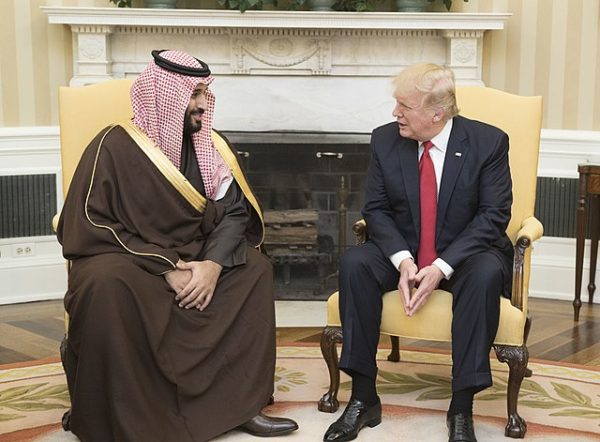
Trump was referring to the Saudi government’s belated decisions to grant women the right to drive and to combat Islamic radicalism — a sharp departure from its previous policies of curtailing the civil rights of women and of promoting Wahhabism, a form of militant Islam that inspired, among others, Osama bin Laden, the late spiritual leader of Al Qaeda. But in praising Prince Mohammed, Trump deliberately overlooked his crackdown on political dissent of late.
Trump’s dollars-and-cents diplomacy toward Saudi Arabia is certainly good for the U.S. economy, no small matter, but his campaign to rehabilitate Prince Mohammed is morally flawed. It emboldens dictatorial leaders like the Saudi crown prince to carry on as usual and it leaves dissenting journalists in non-democratic countries exposed to state-sanctioned violence.
This is the dubious legacy that Trump will leave behind after his presidency has run its course.
